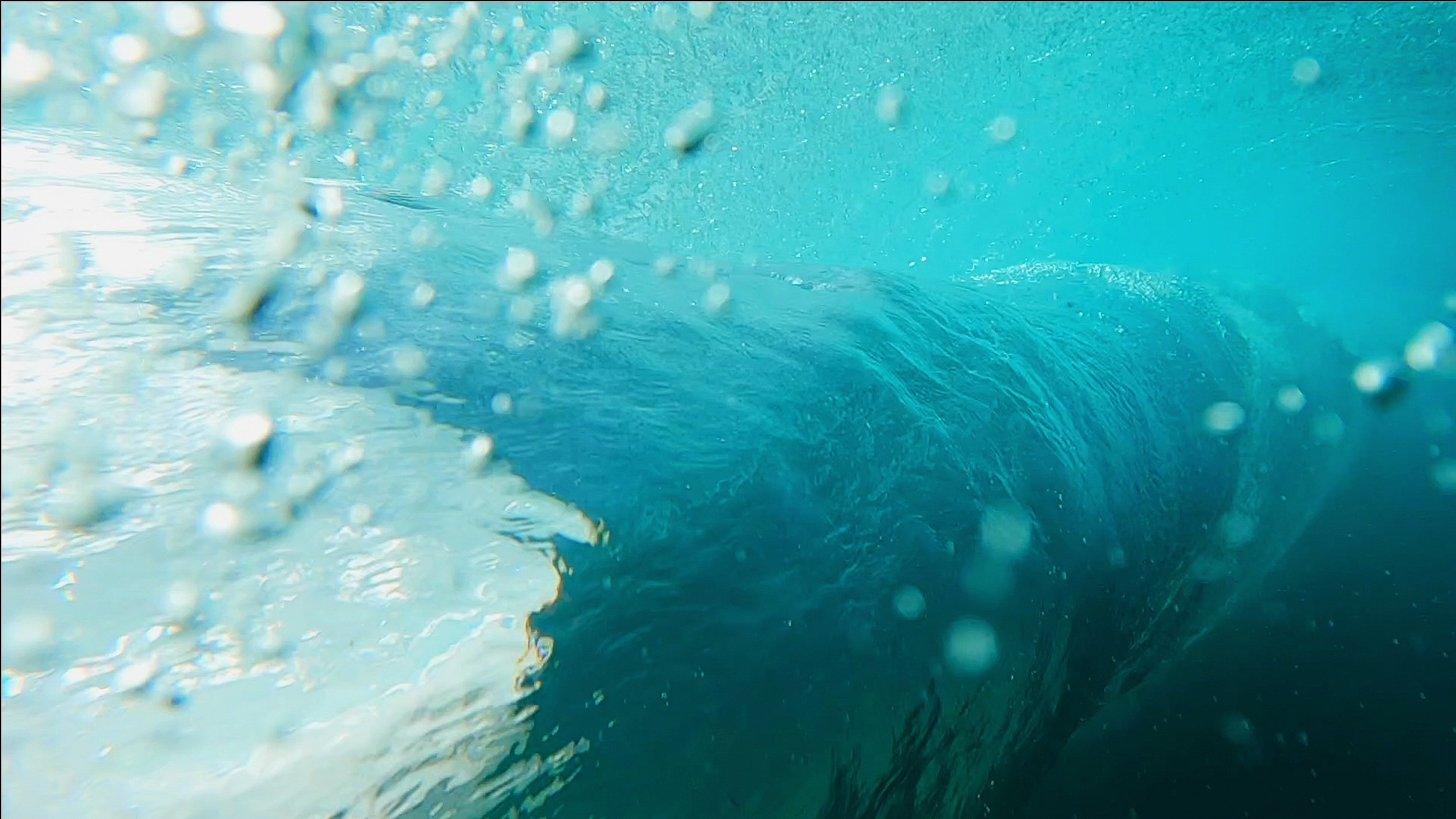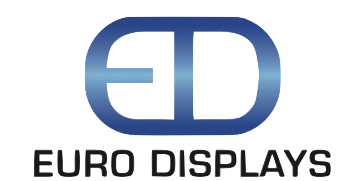
Actions speak louder than words
Euro Displays places a high emphasis on sustainability, which involves preserving natural resources and maintaining ecological balance to achieve sustainable development. This commitment to sustainability is paramount in our work and remains a top priority for us.
RECYCLED FABRICS
Euro Displays proudly recycles all fabrics, demonstrating our commitment to sustainability from procurement to disposal. Once these fabrics have served their purpose, we employ a dual approach to recycling. Firstly, we repurpose them internally, utilising them as drop sheets in our factory, minimising waste and maximising utility. Alternatively, we return them to our supplier who utilises BlockTexx’s groundbreaking S.O.F.T. (Separation of Fibre) technology.
BlockTexx’s innovative process is capable of recycling a diverse range of fabrics, including polyester, cotton, and blends. Through this advanced technology, the fabrics are transformed into valuable resources such as PolyTexx® (rPET pellets) and CellTexx® (Cellulose clay), contributing to the development of a circular economy. These recycled materials find application across various industries, spanning textiles, building, and agriculture, thus driving sustainability initiatives on a broader scale.
The Result
The impact of fabric recycling through the BlockTexx ecosystem is substantial. For every 10,000 tonnes of recycled textiles processed, over 800 tonnes of CO2 emissions are eliminated, showcasing a significant contribution to environmental sustainability. Notably, a single truckload of linen collected translates to diverting 10 tonnes of textile waste from landfills and eliminating carbon emissions equivalent to removing 65 cars from the road for an entire year.
The benefits extend beyond environmental preservation. In agriculture, CellTexx® offers valuable applications, with its microcrystalline cellulose serving as a sustainable alternative to traditional ingredients or as a basis for innovative products. Meanwhile, PET, known for its durability and mechanical strength, finds extensive use in a wide array of consumer goods, including sunglasses and water bottles, exemplifying its versatility and contribution to sustainability efforts. By revitalising our unwanted fabrics, BlockTexx ensures these resources can be continuously regenerated, contributing to a circular economy and paving the way for a more sustainable future.
What We Do
Here at Euro Displays we have embarked on a transformative journey towards sustainability, shifting from fully custom-built displays to innovative hybrid aluminium framework and fabric systems. Leveraging off our rich background in customisation, we have adapted new approaches to integrate hybrid stands, ensuring each one is unique while seamlessly incorporating audio visual, and energy-efficient LED lighting.
This transition has not only diversified our products and services but also significantly enhanced our sustainability practices. By reducing bulk material costs and minimising wastage, we've streamlined our production process, leading to a remarkable decrease in the number of crates required, as well as reducing our wastage by two-thirds. Consequently, our freight sizes have shrunk by the same proportion, contributing to a substantial reduction in carbon emissions associated with transportation.
By embracing smarter building processes, we are committed to fostering a more sustainable platform, emphasising waste reduction and efficient resource utilisation.
ALUMINIUM SYSTEM FRAMEWORK
For over 15 years, Euro Displays has been dedicated to creating top-tier exhibition stands, prioritising the use of aluminium systems for the majority of our clients. Drawing on our prior 10 years of expertise solely in custom builds, we smoothly shifted towards a sustainable hybrid approach, effectively investing in new aluminium framework systems to be used across multiple stands with a limitless lifetime. This allows us to offer our clients stands that set them apart from the crowd of standardised shelf scheme system designs typically seen at events.
The Result
The benefits of our approach are multifaceted. By reducing bulk material costs and minimising wastage, we've streamlined our production process, leading to a remarkable decrease in the number of crates required per stand and reducing our wastage by two-thirds. Consequently, our freight quantities have shrunk by the same proportion, enabling us to utilise more fuel efficient carriers, contributing to a substantial reduction in fuel costs and carbon emissions associated with transportation.
Our commitment to aluminium system-based stands extends beyond mere convenience. By predominantly utilising these systems for both hybrid and hire stands, we promote sustainability through efficient resource utilisation. After each event, these frames are meticulously packed down and reused, sparing the need to purchase new aluminium frames and significantly curbing waste production. Their durability ensures they can be utilised repeatedly for many years to come.
Even at the end of their lifecycle, our dedication to sustainability persists. We recycle these products within our factory for office storage systems, ensuring a closed-loop system that minimises environmental impact. All end of life aluminium unable to be utilised in our facility is sent to our recycling partners, where they melt it down and repurpose it into new extruded aluminium products. This simple action underscores our commitment to sustainability and responsible waste management.
Our Sustainability Policy
Euro Displays recognises that businesses can have a negative impact on the environment. We are committed to finding ways in which we can reduce the impact of our work both in the factory and when travelling worldwide.
It is our policy to:
Recycle as much waste material as possible.
Use environmentally sustainable sources to generate energy and power such as solar power.
Avoid the use of paper wherever possible. For example, sending invoices and quotes via email as PDF files.
Recycling equipment that is no longer of use to the company. For example, damaged frames.
Keep energy usage low. For example, making use of low energy light bulbs throughout our factory.
Reuse waste paper (from the printer) where possible, making use of the blank side for notes and design sketches.
Purchase products made with recycled paper. For example, paper towels, printer paper.
Purchase products with a lower environmental impact. For example environmentally safe soaps and detergents.
Choose Airlines which offer to offset carbon emissions for jobs Domestic and International.
Euro Displays is a member of IFES. This affiliation minimises our carbon footprint as whenever our clients require exhibitions in countries outside Australia and New Zealand we can utilise our partners to make the exhibition stands and similarly in return our international partners utilise us for jobs within Australia and New Zealand which reduces air travel freight emissions globally.


